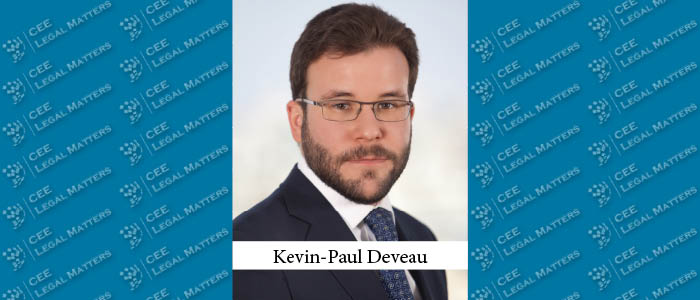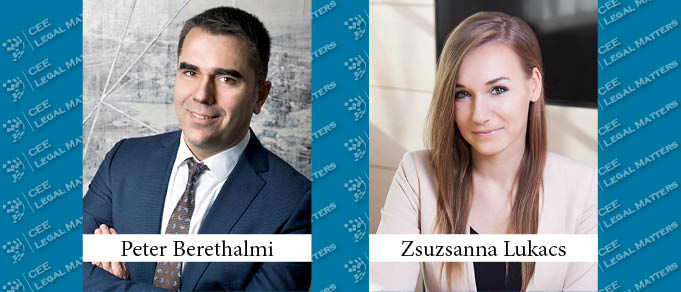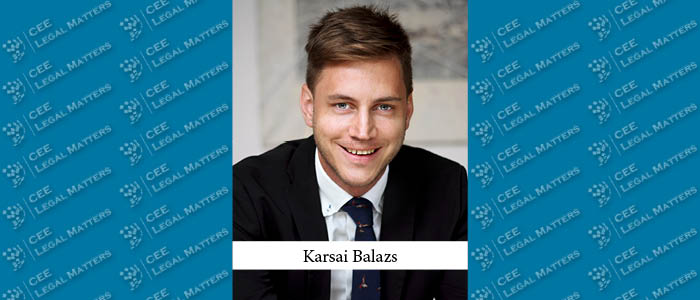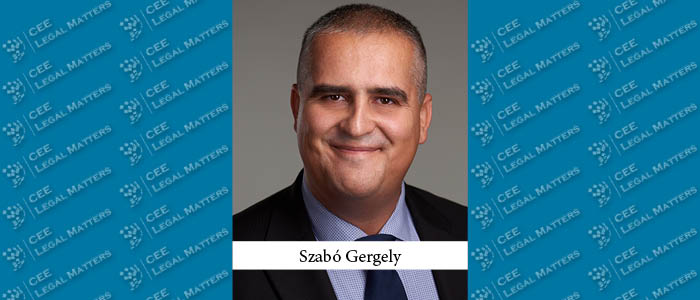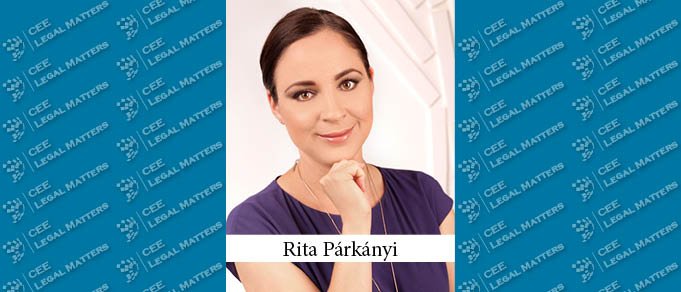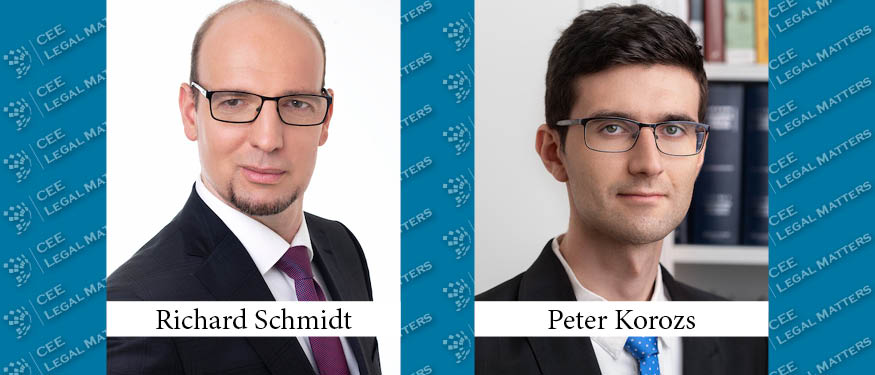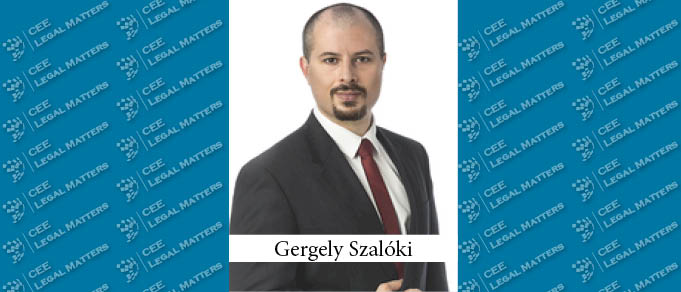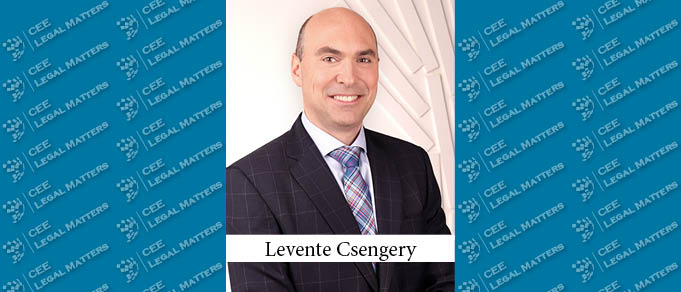There is a bill on the new Hungarian Architecture Act, which would replace the acts on Engineers and Professional Chambers, on the Shaping and Protection of the Built Environment and on the Protection of Townscape, and will consolidate their provisions in a modernised and clear code.
Schoenherr Advises MET Group on Completion of 169-Megawatt PV Portfolio in Hungary
Schoenherr has advised the MET Group on the completion of its photovoltaic plants located in Buzsak, Gerjen, and Sojtor, Hungary, with a total capacity of almost 169 megawatts and spanning 134 land plots with a total area of almost 310 hectares.
CEE M&A Outlook: Steady As She Goes
With CMS’s recently published European M&A Outlook report taking the temperature of the M&A activity across the continent, CMS Romania Managing Partner Horea Popescu and CMS Vienna Partner Alexander Rakosi share their insights on M&A trends in the CEE region.
The Corner Office: Balancing the Books – Overdue Bills and Unpaid Invoices
In The Corner Office, we ask Managing Partners at law firms across Central and Eastern Europe about their backgrounds, strategies, and responsibilities. Shifting our focus to the financial aspects of legal work, we asked: What percentage of your issued bills end up being overdue, what percentage end up never paid, and what is your firm’s/office’s standard methodology to handle both cases?
Looking In: Interview with Reed Smith Partner Kevin-Paul Deveau
In our Looking In series, we talk to Partners from outside CEE who are keeping an eye on the region (and often pop up in our deal lists) to learn how they perceive CEE markets and their evolution. For this issue, we sat down with Reed Smith Partner Kevin-Paul Deveau.
Hungary: Employee or Contractor – Effective Strategies to Avoid Misclassification
Under Hungarian private law, legal relationships aimed at performing various tasks on the basis of instructions are generally based on either employment contracts regulated by Act I of 2012 of the Labor Code (Labor Code) or services agreements governed by Act V of 2013 of the Civil Code.
Balazs Karsai Takes Over as Nagy & Trocsanyi Managing Partner
Nagy & Trocsanyi has announced the appointment of its new Managing Partner – Balazs Karsai – set to take over stewardship of the firm on January 1, 2024.
No Rest on Compliance in Hungary: A Buzz Interview with Gergely Szabo of Ban, S. Szabo, Rausch & Partners
An increase in foreign investor activity, energy sector regulation shifts, as well as the incoming challenges brought by the impending ESG Act and NIS2 cybersecurity directive are all keeping lawyers in Hungary quite busy, according to Partner Gergely Szabo of Ban, S. Szabo, Rausch & Partners.
Hungary is to Ratify the Modernization of Personal Data Processing Convention
On 19 October 2023, Ambassador Harry Alex Rusz, Permanent Representative of Hungary to the Council of Europe deposited the instrument of ratification of the Amending Protocol to the Convention for the Protection of Individuals with regard to the Processing of Personal Data.
NH Partners Advises on Waberer's International Acquisition of 51% Stake in Hungary's Petrolsped
NH Partners has advised Waberer's International on its acquisition of a 51% stake in Petrolsped.
Kinstellar Announces Kristof Ferenczi as New Firm Managing Partner
Kinstellar has announced that Budapest's Kristof Ferenczi has been appointed as the new Firm Managing Partner, succeeding Patrik Bolf in that position.
Can Forex Traders Sue the Foreign Platform Service Provider in Hungary?
In a recent case, the Hungarian Supreme Court had to decide whether a Hungarian undergraduate student studying economics and carrying out international forex transactions can be considered as a “consumer” and thus eligible for starting litigation at his residence, in Hungary against the foreign platform service provider?
Wolf Theiss Advises Kyoto Group on Heat-as-a-Service Agreement with Hungary's KALL Ingredients
Wolf Theiss has advised the Kyoto Group on the agreement to deliver its Heatcube thermal energy storage system to Hungarian food ingredient producer KALL Ingredients.
The Act on Public Construction Investments Entered into Force and a New Act to Simplify the Operation of the State
On 19 July 2023, the Constitutional Court established that certain provisions of the act on public construction investments are unconstitutional, therefore, it could not enter into force as planned on 1 August 2023.
Rules on Sales With Retention of Title: Important Legal Information for Hungarian Companies Trading with Germany
In import-export transactions across Europe, it is common for sellers to protect the assets they have sold by retaining the ownership title until the buyer has paid the full purchase price. Retention of title allows sellers to reclaim the assets if the buyer fails to pay, and even if the buyer goes bankrupt before payment is made. In Hungary, however, such an arrangement can lead to unpleasant surprises for sellers.
News from This Year's Permanent Consultation Forum of the Private Sector and the Government
Negotiations on next year's wages started at the beginning of October 2023, with stakeholders - employers and trade unions representing workers - and the government as an observer taking part in the wage negotiations, which can last several weeks.
Legislative Proposal on National Data Assets
A legislative proposal has been submitted in November 2023 on the system of utilization of national data assets. The primary objective of the proposal is to ensure the applicability of the data governance regulation in Hungary and to make the existing laws on secondary usage of the national data assets coherent in a regulatory environment. The scope of the proposal covers services related to the use of data processed by public authorities, the performance of other related public tasks and data collection and analysis in support of government decision-making.
The EU Takes a Tough Stance on Foreign Subsidies
Under the EU's Foreign Subsidies Regulation (FSR), companies must notify the European Commission in advance of certain acquisitions, mergers or large public procurement transactions if the groups of companies involved have received financial contributions from outside the EU. Compiling the notification and gathering the necessary information can be a heavy administrative burden for companies, and failure to do so can result in fines of up to 10% of the group's worldwide turnover.





